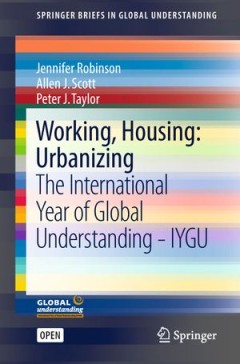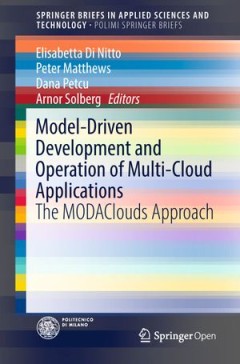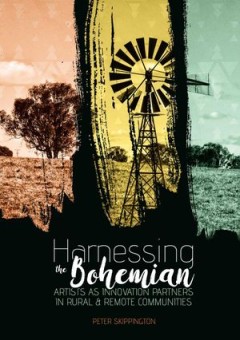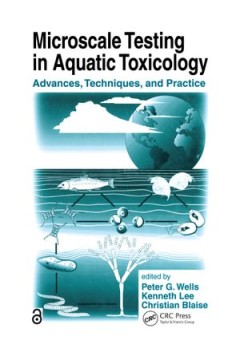Filter by

Working, Housing: Urbanizing: The International Year of Global Understanding …
Urban Geography / Urbanism (inc. megacities, cities, towns); Labor Economics; Human Geography; Regional Development
- Edition
- -
- ISBN/ISSN
- 9783319120898
- Collation
- -
- Series Title
- -
- Call Number
- 650

Model-Driven Development and Operation of Multi-Cloud Applications : The Moda…
Communications Engineering, Networks; Computer Communication Networks; Software Engineering; Computational Intelligence
- Edition
- -
- ISBN/ISSN
- 9783319319025
- Collation
- -
- Series Title
- -
- Call Number
- 650

Punishing The Criminal Corpse, 1700-1840: Aggravated Forms of The Death Penal…
history of crime; medical humanities; capital punishment
- Edition
- -
- ISBN/ISSN
- 9781137513601
- Collation
- -
- Series Title
- -
- Call Number
- 364 KIN p

Aryan and Non-Aryan in India
The history and mechanisms of the convergence of ancient Aryan and non-Aryan cultures has been a subject of continuing fascination in many fields of Indology. The contributions to Aryan and Non-Aryan in India are the fruit of a conference on that topic held in December 1976 at the University of Michigan, Ann Arbor, under the auspices of the Center for South and Southeast Asian Studies. The expr…
- Edition
- -
- ISBN/ISSN
- 9780472901685
- Collation
- -
- Series Title
- -
- Call Number
- 300

integrating Immigrants in Europe: Research-Policy Dialogues
Migration; Knowledge - Discourse; Public Policy
- Edition
- -
- ISBN/ISSN
- 9783319162553
- Collation
- -
- Series Title
- -
- Call Number
- 320.17 PEN i

Sportfinanzierung - Spannungen zwischen Markt und Staat
On the one hand, sport like any other activity in society is burdened with public taxes, and on the other hand, in comparison to similar activities, is tax-free and even publicly supported. This ambivalence of tax treatment of sport has repeatedly raised questions about the public financing of sport: To what extent are services provided by the public sector justified, and to what extent do spor…
- Edition
- -
- ISBN/ISSN
- 9783937816531
- Collation
- -
- Series Title
- -
- Call Number
- 650

Harnessing the Bohemian : artists as innovation partners inrural and remote c…
Harnessing the Bohemian takes a fresh and interdisciplinary perspective on the intractable problem of shrinking populations and resources in remote/rural communities. It challenges the conventional wisdom of community development theories and practices and envisages more central roles for the creative disciplines in revitalising futures planning. It argues that the evolution of technologies, …
- Edition
- -
- ISBN/ISSN
- 9781760460532
- Collation
- -
- Series Title
- -
- Call Number
- 307.1 SKI h

A World of Water Rain, Rivers and Seas in Southeast Asian Histories
Water, in its many guises, has always played a powerful role in shaping Southeast Asian histories, cultures, societies and economies. This volume, the rewritten results of an international workshop, with participants from eight countries, contains thirteen essays, representing a broad range of approaches to the study of Southeast Asia with water as the central theme. As it was exposed to the se…
- Edition
- -
- ISBN/ISSN
- 9789067182942
- Collation
- -
- Series Title
- -
- Call Number
- -

Microscale Testing in Aquatic Toxicology
Bioassays are among the ecotoxicologist's most effective weapons in the evaluation of water quality and the assessment of ecological impacts of effluents, chemicals, discharges, and emissions on the aquatic environment. Information on these assessment aids is needed throughout the international scientific and environmental management community. This comprehensive reference provides an excellent…
- Edition
- -
- ISBN/ISSN
- 9781351431446
- Collation
- -
- Series Title
- -
- Call Number
- -

Growing in the shadow of antifascism : remembering the Holocaust in State-…
Reined into the service of the Cold War confrontation, antifascist ideology overshadowed the narrative about the Holocaust in the communist states of Eastern Europe. This led to the Western notion that in the Soviet Bloc there was a systematic suppression of the memory of the mass murder of European Jews. Going beyond disputing the mistaken opposition between “communist falsification” of hi…
- Edition
- -
- ISBN/ISSN
- 9789633864364
- Collation
- -
- Series Title
- -
- Call Number
- 940.53 GRO
 Computer Science, Information & General Works
Computer Science, Information & General Works  Philosophy & Psychology
Philosophy & Psychology  Religion
Religion  Social Sciences
Social Sciences  Language
Language  Pure Science
Pure Science  Applied Sciences
Applied Sciences  Art & Recreation
Art & Recreation  Literature
Literature  History & Geography
History & Geography